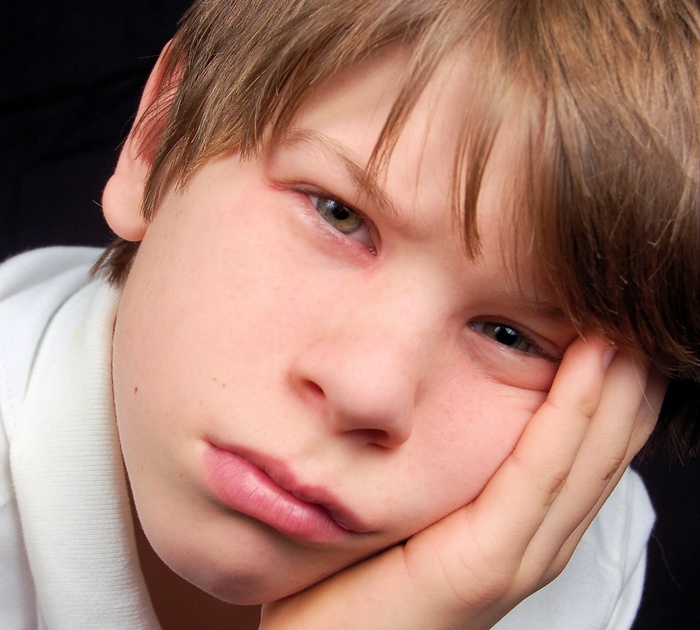
Dear Therapist:
Our 11-year-old son is going to sleepaway camp for the first time this summer. While he is excited about this he has always had difficulty adjusting to new situations and environments. Meaning he has a bit of an anxious personality. That being the case we are wondering if you have any advice as to how to "prevent" homesickness? What can we do to best prepare him for his first sleepaway experience? I also wonder what you think of many camp policies not to let kids call home for the first few days. Do you think some contact is helpful or is it better to have less contact? I am sure that this is something many parents deal with this time of year and would appreciate your thoughts.
Response:
You describe your son as somewhat anxious and state that he has trouble adjusting to new situations. I wonder whether this assessment is based on a comparison to other kids his age or whether it’s more of a subjective feeling. Many of today’s parents seem highly focused on trying to eliminate their children’s negative experiences. This makes me wonder to what degree we are helping our children and to what degree we are hampering their development of coping skills—both emotional and concrete.
In order for children to learn how to appropriately deal with life stressors and to adjust to new circumstances, they need to be allowed to experience these stressors and develop their own coping skills. Typically, the more that we attempt to protect our kids, the less resiliency they develop. They learn to rely on others to deal with both concrete and emotional issues. Even when we try to “teach” resiliency and coping skills, we tend to focus on strategies that work for us. Each person should develop skills that are based on their own strengths, weaknesses, and physical and emotional capabilities.
Of course, the extent to which we as parents should be involved (and the areas in which we should step back) depends on factors like age, maturity, and past experience. An immature, introverted child of nine who has a history of throwing tantrums may not do well in a camp setting without significant support. A mature, social thirteen-year-old is more likely to do well in the same circumstance. In the latter example, the parents may feel the need to be involved if, on the second day of camp, the thirteen-year-old boy mentions homesickness and lack of friends. This doesn’t necessarily mean that getting involved is the best thing for this child. And the very fact that the nine-year old has trouble dealing with issues may point to the need to transition to an appropriate hands-off approach.
Theoretically, at each stage of development there is a happy medium, with the goal of continually moving the child in the direction of becoming increasingly self-sufficient. As parents, our eventual goal is to get our kids to the point where they have little or no need for our support. Naturally, we always want to be able to provide support if requested, but we don’t want our adult children to require it, and certainly not on a regular basis. Your decision should be based on this long-term goal. If your son will feel more comfortable having you involved—but this will retard his process of becoming independent—you may recognize that you need to hold yourself back from doing what feels natural.
Yehuda Lieberman, LCSW
psychotherapist in private practice
Brooklyn, NY | Far Rockaway, NY
author of Self-Esteem: A Primer
www.ylcsw.com / 718-258-5317
Disclaimer
The Contents Of This Blog, Including Text, Graphics, Images, And Other Material Are For Informational Purposes Only. Nothing Contained In This Blog Is, Or Should Be Considered Or Used As, A Substitute For Professional Medical Or Mental Health Advice, Diagnosis, Or Treatment. Never Disregard Medical Advice From Your Doctor Or Other Qualified Health Care Provider Or Delay Seeking It Because Of Something You Have Read On The Internet, Including On This Blog. We Urge You To Seek The Advice Of Your Physician Or Other Qualified Health Professional With Any Questions You May Have Regarding A Medical Or Mental Health Condition. In Case Of Emergency, Please Call Your Doctor Or 911 Immediately. The Information Contained On Or Provided Through This Blog Is Provided On An "As Is" Basis, Without Any Warranty, Express Or Implied. Any Access To This Blog Is Voluntary And At Your Own Risk.
 Previous
Previous

